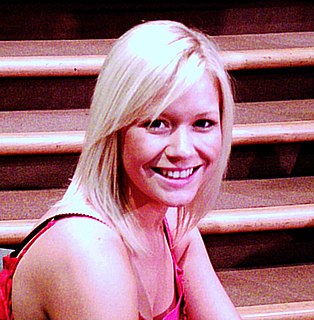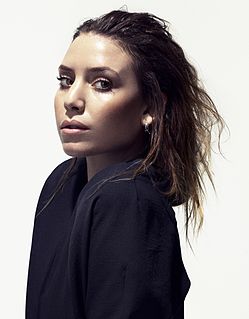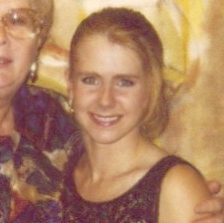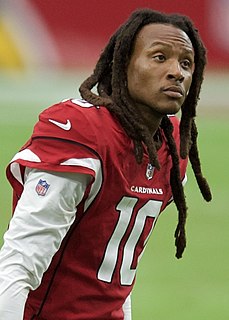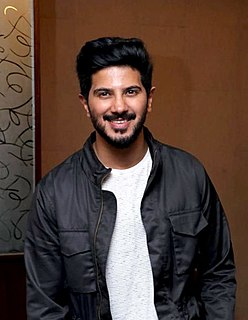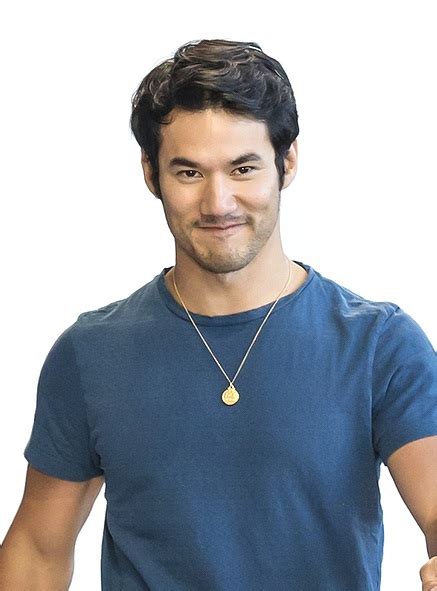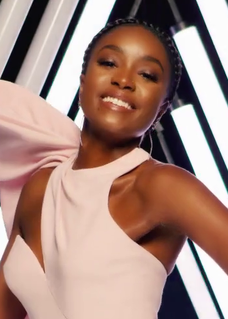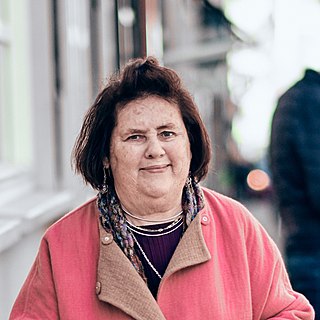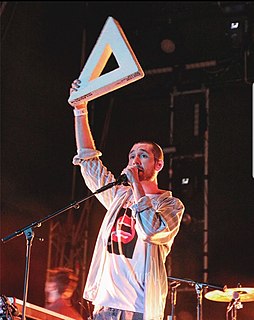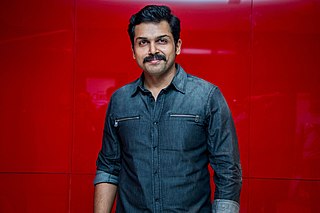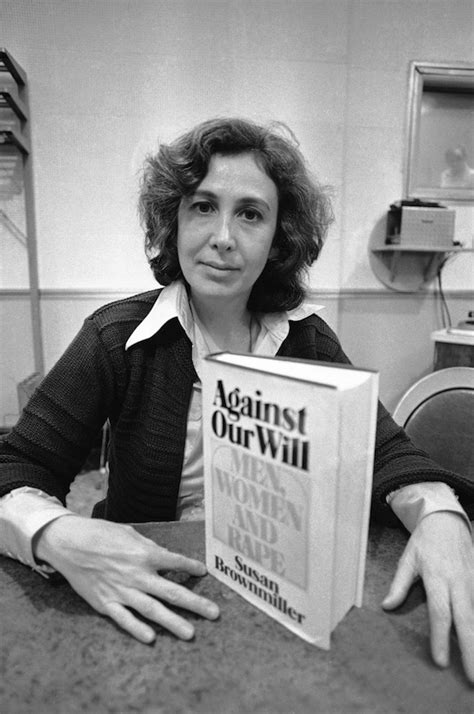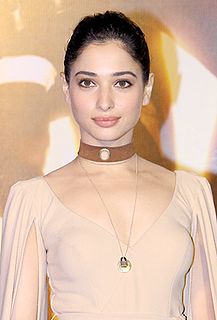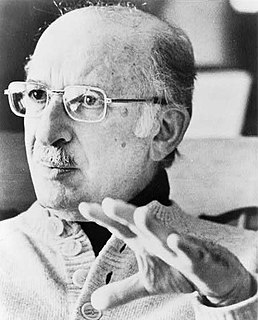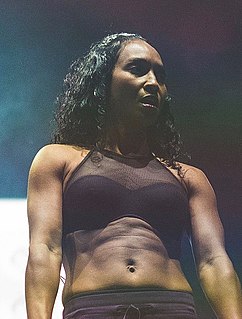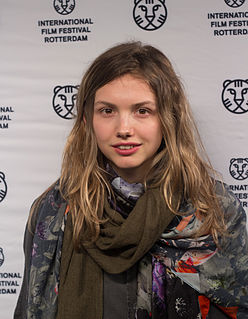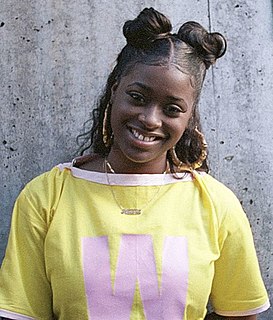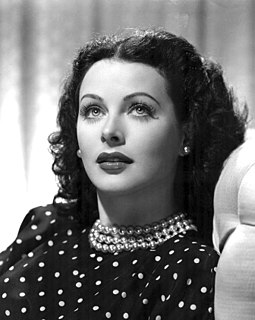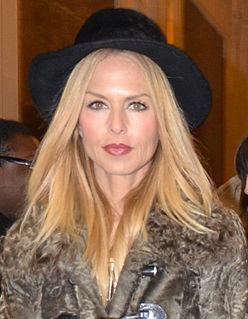Top 1200 Black Clothes Quotes & Sayings - Page 2
Explore popular Black Clothes quotes.
Last updated on December 2, 2024.
I was so aware of the stage clothes versus the everyday-life clothes, and the extremeness of the stage clothes that my parents had designed. Even coming across my dad's old Beatles suits from Savile Row and the history attached to them - the masculinity and simplicity compared to the '70s glitz and glamour of Wings.
Black is confusing. Where does the line start and stop with what is black and what isn't black? People that are mixed-race, or, imagine being from Sri Lanka or Bangladesh, people might say you're black but your features are so non-black, like you've got straight hair, you've got like a sharper nose, or such.
I would say I'm black because my parents said I'm black. I'm black because my mother's black. I'm black because I grew up in a family of all black people. I knew I was black because I grew up in an all-white neighborhood. And my parents, as part of their protective mechanisms that they were going to give to us, made it very clear what we were.
Fashion museums think the more you know about the significance of clothes culturally, the more interesting they are. We certainly don't neglect the aesthetic aspects of clothes. But, I feel that what sets us apart from social, economic, and even aesthetic, or art historical context is that we are not only talking about clothes as kind of art objects created by an artist designer, but also we're talking about the various meanings that clothes have in the world, and how that changes and how we kind of create meanings around clothes.
For every nineteenth-century middle-class family that protected its wife and child within the family circle, there was an Irish ora German girl scrubbing floors in that home, a Welsh boy mining coal to keep the home-baked goodies warm, a black girl doing the family laundry, a black mother and child picking cotton to be made into clothes for the family, and a Jewish or an Italian daughter in a sweatshop making "ladies" dresses or artificial flowers for the family to purchase.
White people scare the crap out of me. I have never been attacked by a black person, never been evicted by a black person, never had my security deposit ripped off by a black landlord, never had a black landlord, never been pulled over by a black cop, never been sold a lemon by a black car salesman, never seen a black car salesman, never had a black person deny me a bank loan, never had a black person bury my movie, and I've never heard a black person say, 'We're going to eliminate ten thousand jobs here - have a nice day!'
'Smart Funny and Black' is basically a live black pop culture game show that I created. We have a live band. We have two contestants that we call 'blacksperts.' They come on stage and compete in games that I've created that test their knowledge of black culture, black history, and the black experience.
As a black person on the outside, because there's so much black art and so much of black people's work circulating, so many people imitating what black people do, you would think that there'd be more black people on the business side. It didn't cross my mind that every label head, for the most part, is a white guy.
Adults who loved and knew me, on many occasions sat me down and told me that I was black. As you could imagine, this had a profound impact on me and soon became my truth. Every friend I had was black; my girlfriends were black. I was seen as black, treated as black, and endured constant overt racism as a young black teenager.
Obviously, I'm not not black. But this is one thing I do know after years and years of working with a lot of black players and black commentators on many networks: That if you go to the place of you're telling a black man, or a black woman, that 'You should know your place and stay in it,' when you get to there, them's fighting words.
Like for 'Black Nails,' I just had black nails - and I never have black nails. It was my first and last time getting black nails. And that's so not normal for me. So when you're recording, you're up at the mic and you gotta name the file, so I just look down and I'm like, 'Black Nails!' That's literally what it was.
The black man in North America was sickest of all politically. He let the white man divide him into such foolishness as considering himself a black 'Democrat,' a black 'Republican,' a black 'Conservative,' or a black 'Liberal' ...when a ten-million black vote bloc could be the deciding balance of power in American politics, because the white man's vote is almost always evenly divided.
My mom is Jamaican and Chinese, and my dad is Polish and African American, so I'm pretty mixed. My nickname in high school was United Nations. I was fine with it, even though I identify as a black woman. People don't realize it hurts my feelings when someone looks at my hair or my eyes, and says, "But you're not actually black. You're black, but you're not black black, because your eyes are green." I'm like, "What? No, no, I'm definitely black." Even some of my closest friends have said that. It's been a bit touchy for me.













